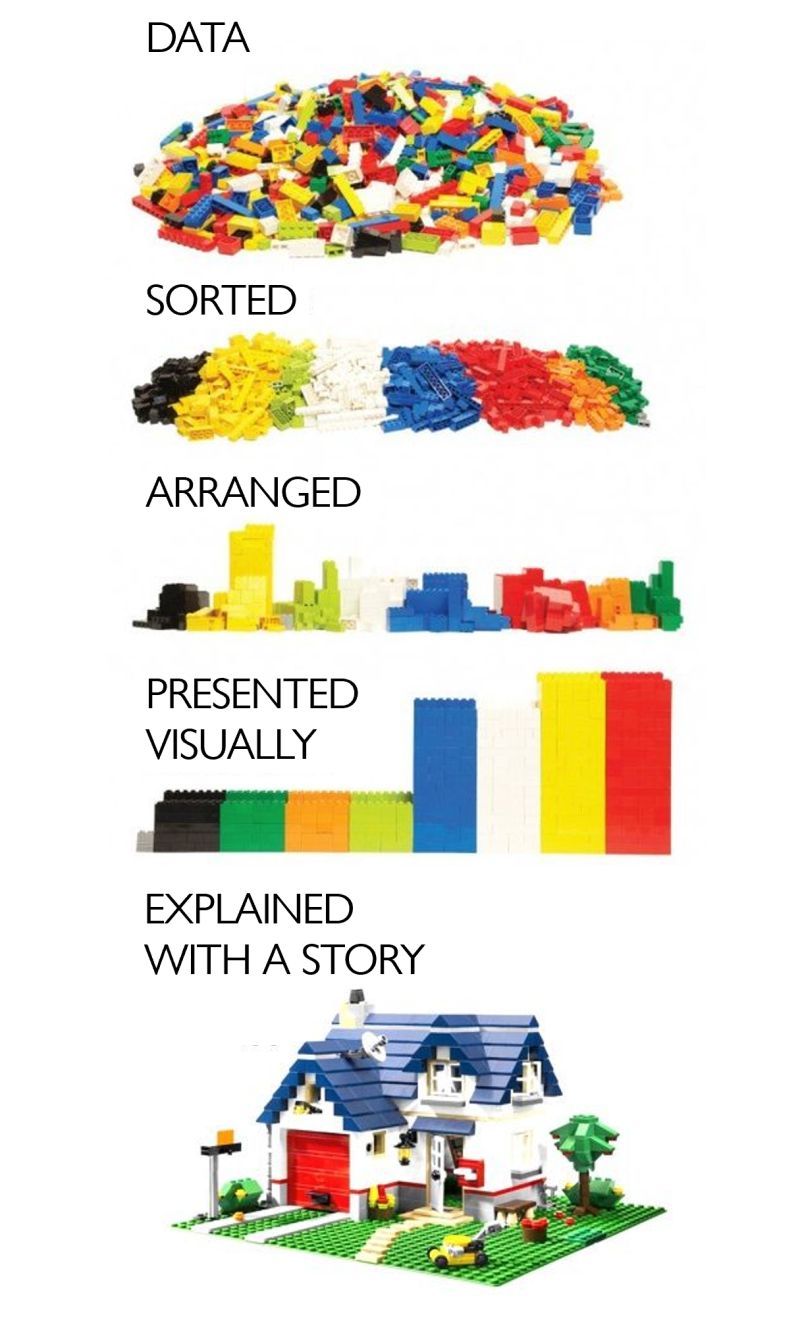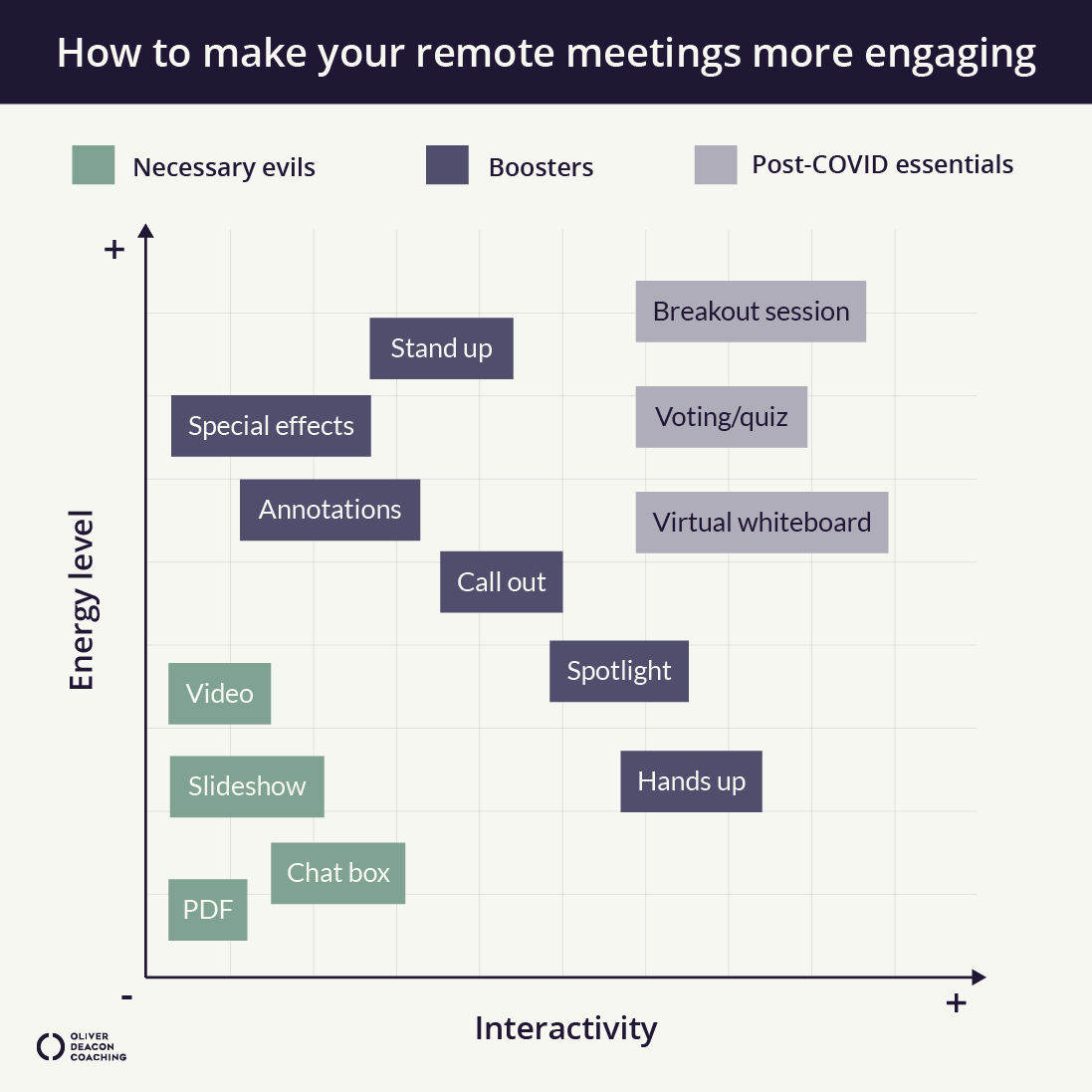My 3 interesting things for you this month…
1. Making The Most of Your Assets
This month, I want to kick off with an important topic, but one that only 2% of my clients are actually interested in. Let’s try and make it a bit more interesting for the other 98% 😊
Data…Yawn! But here’s the issue: for us finance people, data is our most important asset. Without it, we can’t do our job. That said, as we talk about on our finance business partnering course, data on its own is not enough to make a great finance person – we need to build relationships, generate the ‘so what?’ and influence our audience. But good data is the foundation of everything we do.
Most UK companies’ data is junk. It’s not worthless, but it’s nowhere near the quality it should be. I talk about this a lot in my future of finance presentation. Cleaning data is the first big step most finance teams need to take to make progress with next generation technologies.
So today, I want to bring clarity to what we mean by ‘cleaning data’, and why it matters. This is not an attempt to convince you that YOU need to be the one to fix it, just an ask to be a supporter of anyone in your team who is willing to do it.
5 Stages of Data to Impact (with lego bricks 😊)

There are 5 key stages of turning data into something that generates changes:
Data collection: Collect data to measure and understand performance – finance data obviously (sales and costs) but also think web data, internet of things, supply chain, anything that you can measure!
Data preparation: Clean, organise, and combine the data so it’s ready to be analysed – this is the boring bit people don’t like. So, imagine in the graphic above, instead it looked like a 3 year old did stage 2 (analogy to many teams’ data) – what does that mean for the rest of the stages?!
Data visualisation: Visualise the data so users can understand what’s happening. This bit is more fun – and there are great tools to help with this, PowerBI for example.
Data analysis: Examine the data for insights – the so what? – to have a real business impact.
Data storytelling: Bring your insights to life with narrative and visuals so they influence and inspire change.
One final note: for those panicking their team will never fix their data, don’t fret (yet). My prediction is that the machines will start to do boring stage 2 for us in the next 5-10 years, but let’s see…
2. Bring Some Energy to Your Remote Meetings
Anyone getting tired of online video meetings yet? For sure. There are some great benefits of working from home (I do not miss commuting!). But video meetings can be a real drag. At least it’s easier to multitask, pretend you’re listening, check some emails, do some online shopping.
But what if you’re running the meeting? What if you need your audience to get involved and engaged?? What if you need everyone to focus and not researching Amazon Prime day deals?!
Here’s a great framework on how meetings can be engaging. The further up the Y axis (energy level), the more engaged and influenced your audience will be. And the further out to the right along the axis (interactivity) – the more they will absorb your message, and hopefully input to it as well.

3. The Power of Questions
“When you’re a student, you’re judged by how well you answer questions. Somebody else asks the questions, and if you give good answers, you’ll get a good grade. But in life, you’re judged by how good your questions are.”
– Robert Langer, MIT health care technology innovator
I love this quote. This is similar to: what gets us jobs (exam grades, past CV brands, being good at interviews), doesn’t necessarily make us good at those jobs.
For me, the principle of asking great questions is becoming more and more important in the professional world. As information is democratised and pretty much any answer we need is at our finger tips, the questions we ask are what differentiate us.
When we’re looking to build relationships, being interested trumps being interesting – all about asking great questions.
When we’re at an interview, understanding and addressing the hiring persons real problems (not just the job spec tasks) catapults us to top choice – all about asking great questions.
When we’re trying to solve a problem, in finance we spend to much time thinking about how we’ll get to the solution, not enough time really understanding what the true underlying issue is – all about asking great questions.
As managers, leaders or even peers, as we try to develop others, we attempt to push information and ideas onto them, but if we can get them to arrive at their own conclusions through great coaching, we get much more powerful outcomes. You guessed it – all about asking great questions.
OK got it you say. So how can I improve my questioning? A simple tip: ask open questions, ones that don’t result in yes or no answers. Think how, what, when, and occasionally why. And then say: “Tell me more about that”. Seems too simple to be effective? Try it out, the most useful 5 words we learnt at coaching school…



